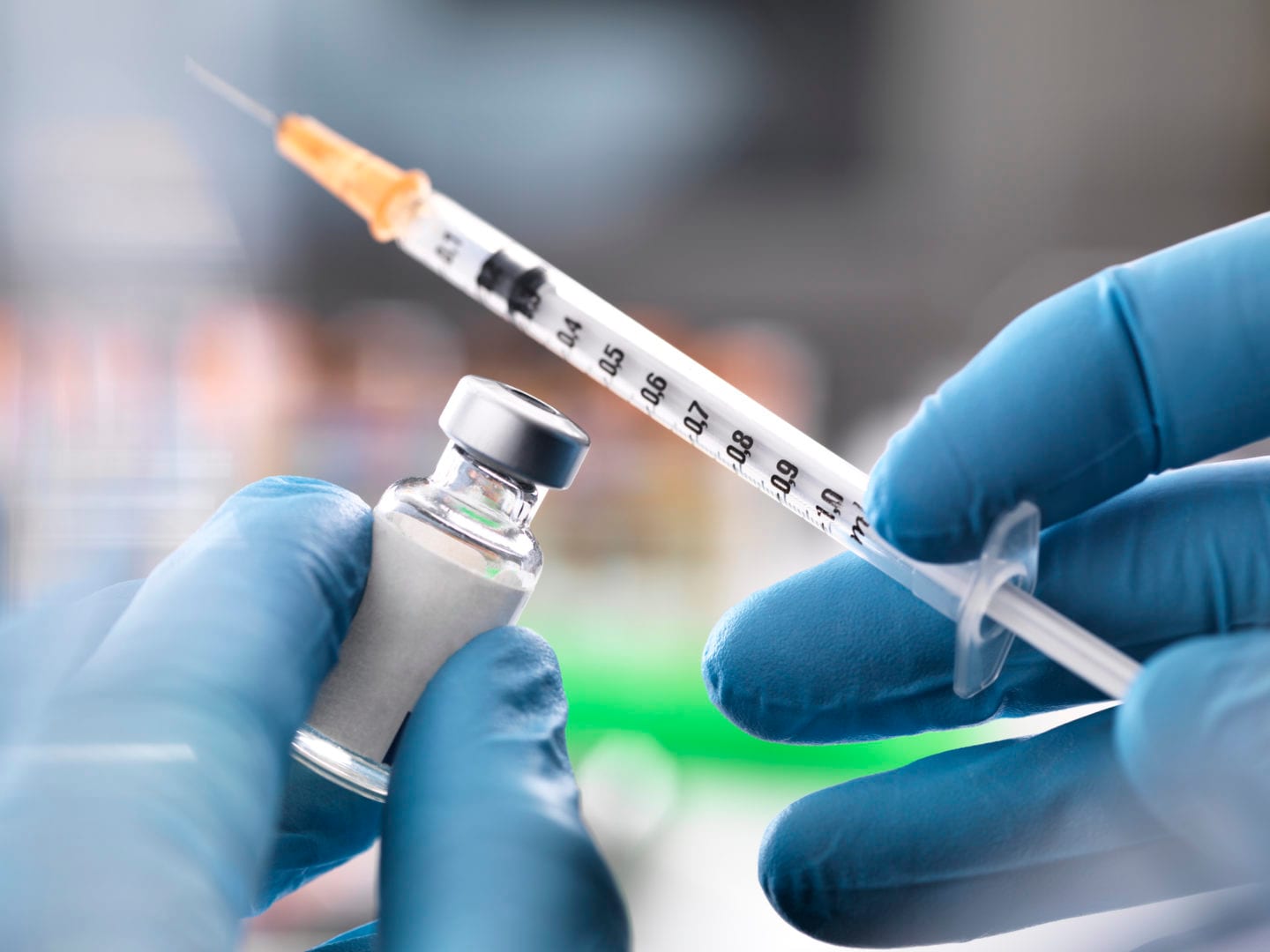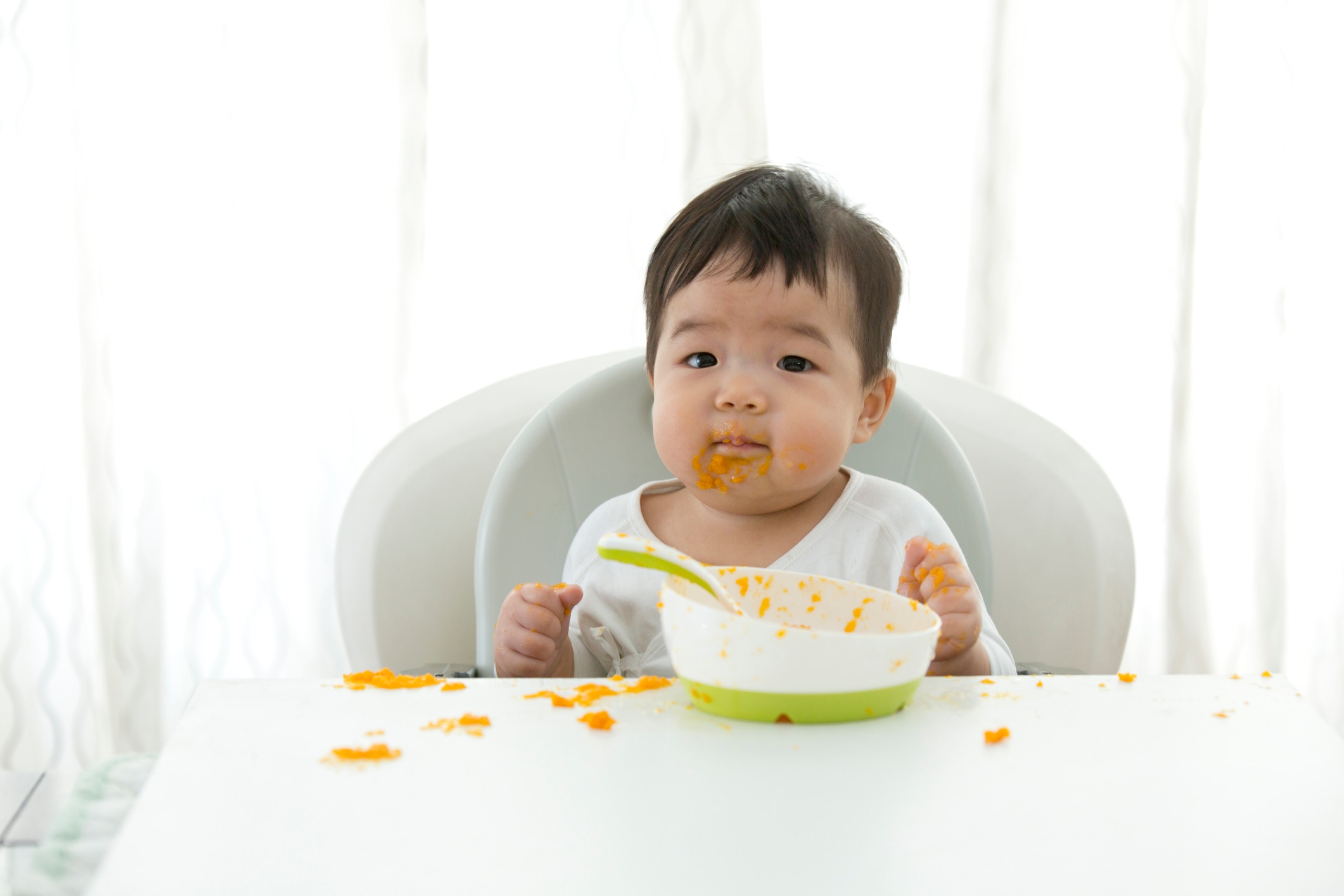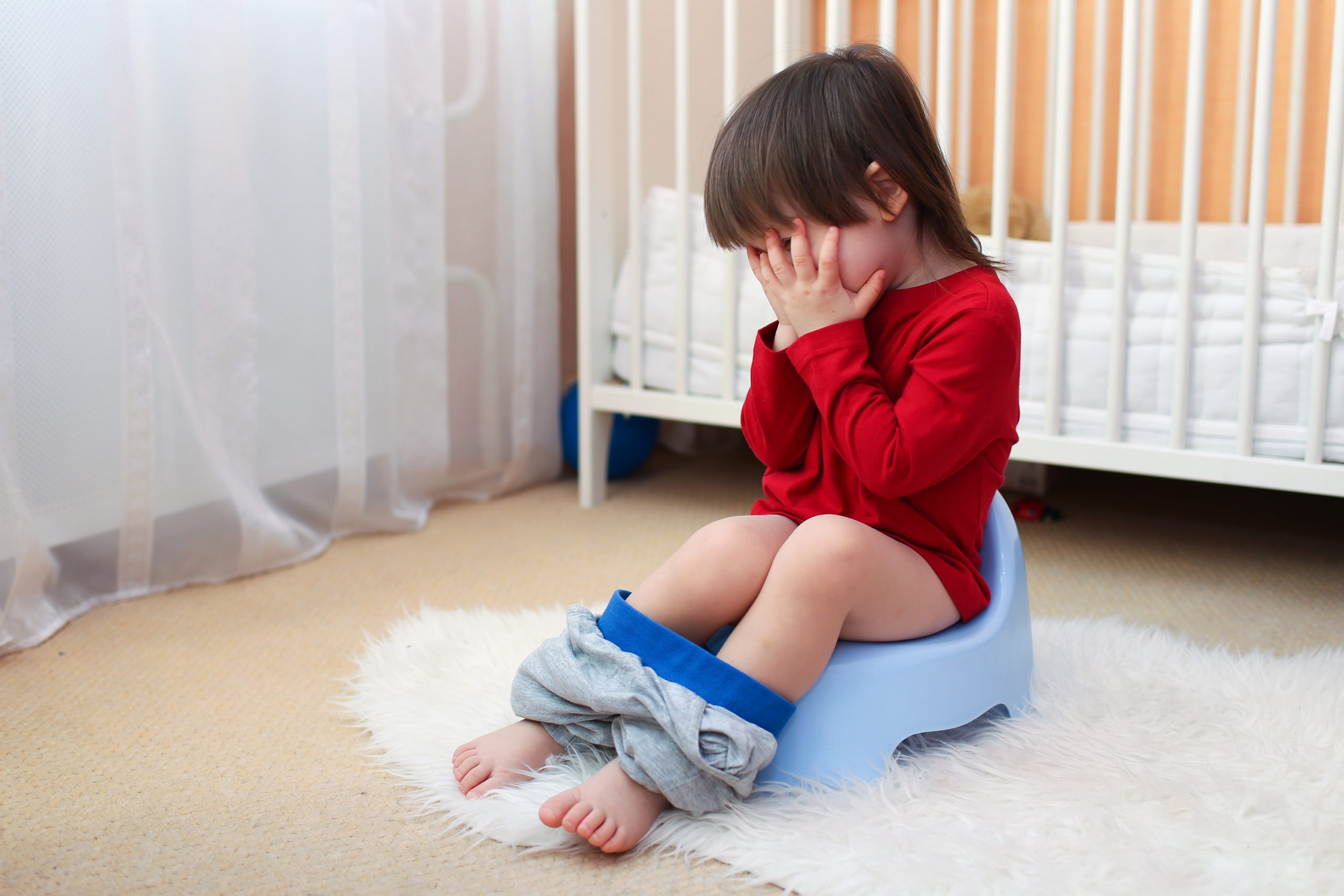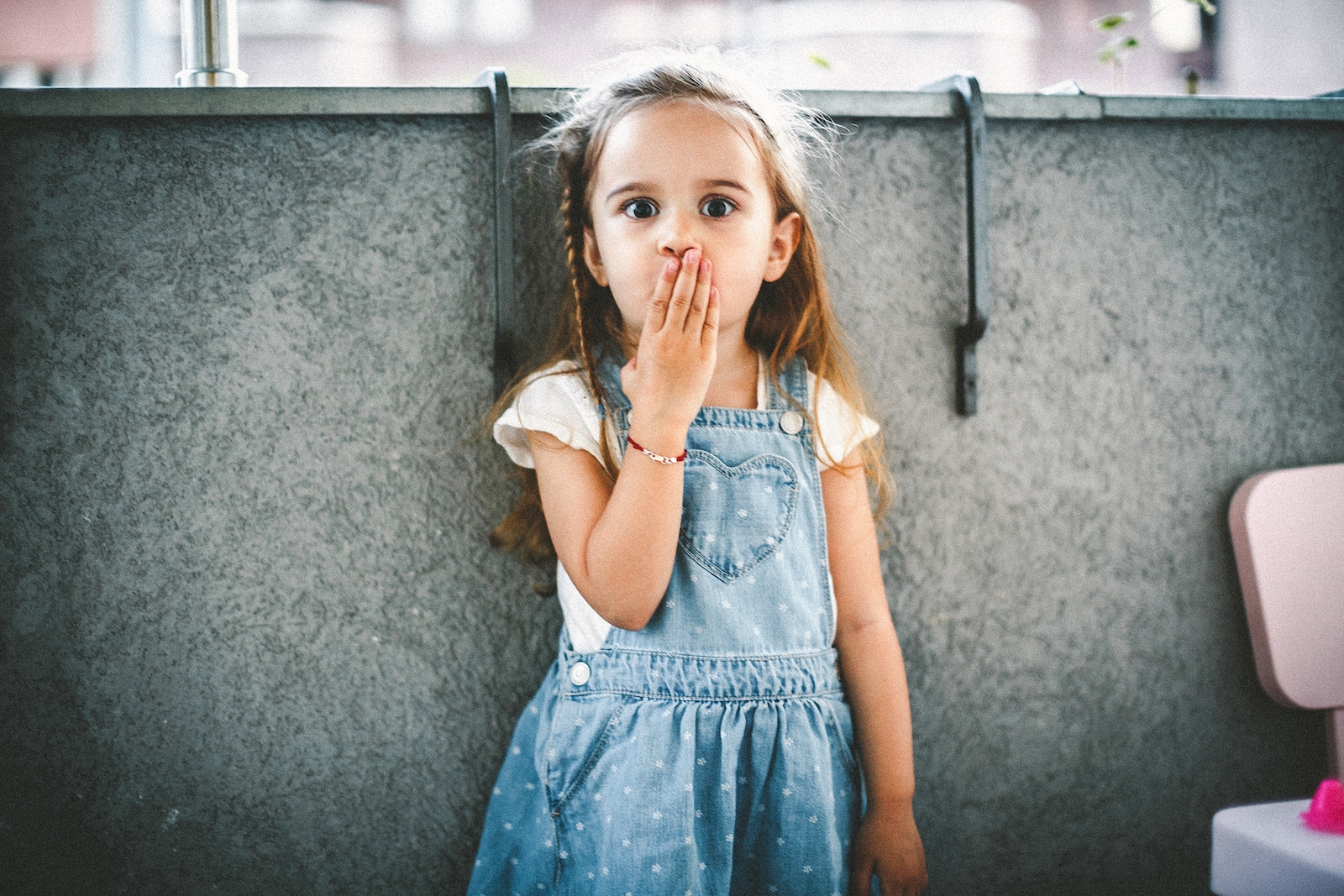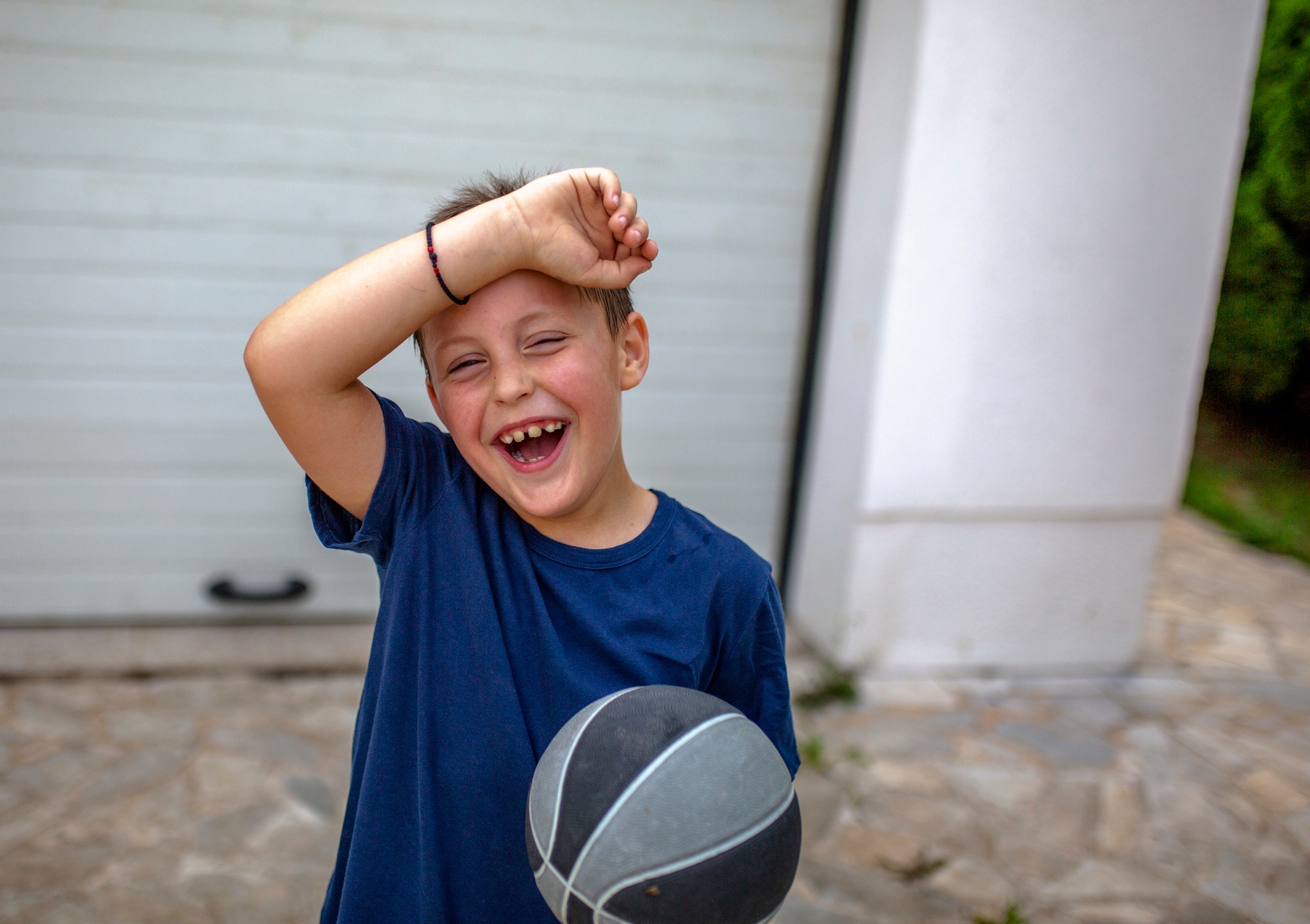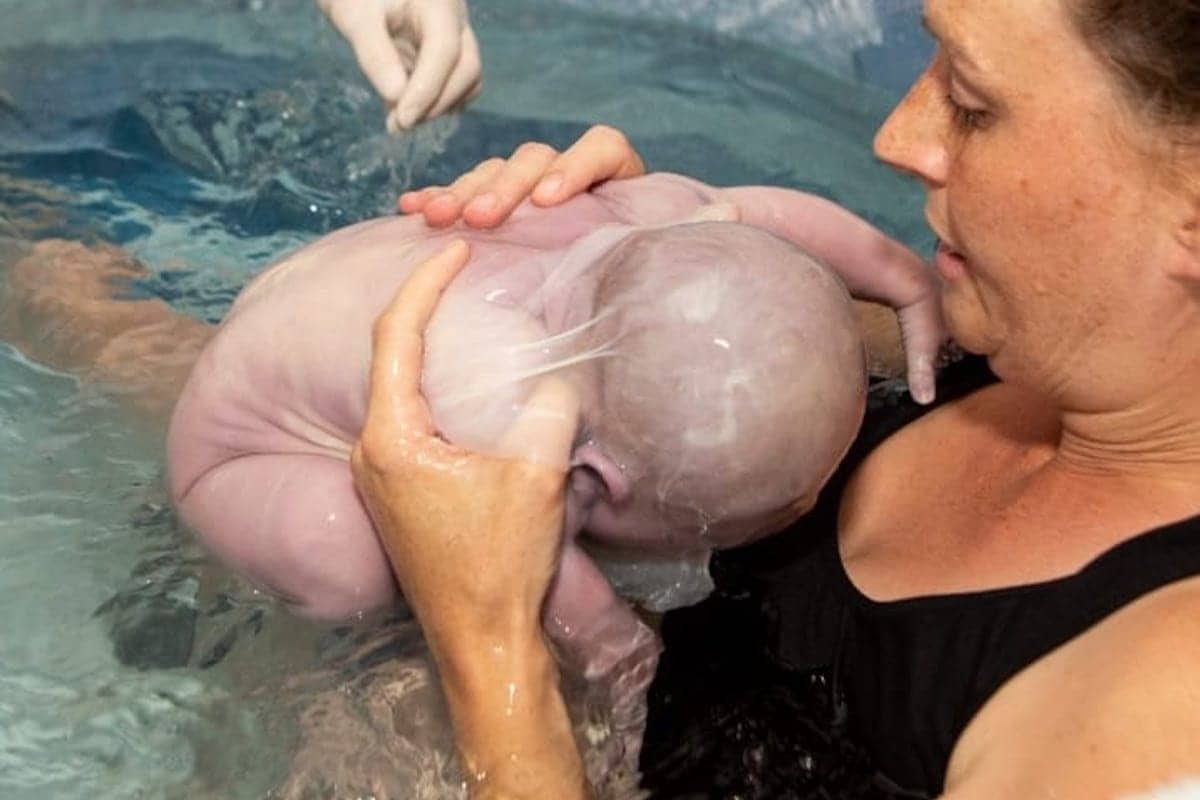Since the COVID-19 pandemic started, the race has been on to create a vaccine. But parents and caregivers who are hopeful that a vaccine may mean a return to “normal” work, school and life might be in for a rude awakening, experts fear. In a recent commentary published in the journal Clinical Infectious Diseases, a team of pediatricians, researchers and scientists expressed serious concerns that none of the COVID-19 vaccines currently in development are being tested for use in kids.
“Despite efforts to advance vaccines for adults at warp speed, COVID-19 vaccine clinical trials for children remain stuck in neutral,” the commentary reads. “Children are infected with SARS-CoV-2, transmit the virus and suffer COVID-19 complications. These initial pediatric studies should be conducted in parallel with adult efficacy trials, rather than delaying until adult efficacy is established.”
Dr. Anthony Fauci, director of the National Institute of Allergy and Infectious Diseases and member of the White House coronavirus task force, has gone on record saying a COVID-19 vaccine could be available as early as 2021, and the New York Times reports that vaccines for adults are already in advanced clinical trials. However, according to the commentary in Clinical Infectious Diseases, the wait for a vaccine that’s safe for kids could be much longer.
Dr. Evan Anderson, a pediatrician at Children’s Healthcare of Atlanta and one of the co-authors of the statement, says he’s worried the delays may mean vaccines for children won’t be ready before the 2021-2022 school year.
“I think unfortunately, many view the pediatric burden of COVID-19 through the lens of initial data in March and April,” Anderson tells Care.com. Early in the pandemic, it was thought that children were rarely impacted by the virus. Since then, it’s become clear that children are not only susceptible to the virus, they also play a role in spreading it to others in their immediate social circles and communities.
Over 620,000 U.S. children have contracted COVID-19, with over 75,000 new cases in children occurring between September 10 and September 24, according to a report by the American Academy of Pediatrics (AAP). Hospitalizations and deaths of COVID-positive children are still lower than those of adults. Kids account for only 121 of more than 190,000 COVID-19 deaths, according to the Centers for Disease Control and Prevention (CDC), but Dr. Anderson points out that between 110 and 188 children have died from the flu in each of the past four years, and we’re rapidly approaching those numbers after only seven months of living through the pandemic.
Leaving kids unvaccinated also has implications for anyone involved in their care. Teachers, coaches, scout leaders, childcare workers and everyone else who interacts with children could still face higher risks of being exposed to the virus. Many parents can’t return to work if all children can’t safely return to in-person school, day care or babysitters. “Although the pediatric burden of deaths is far less than that of adults, we are in a pandemic which is adversely affecting the lives and health of our children,” Anderson says.
While it may seem logical to delay testing for kids until a vaccine has been proven safe and effective for adults, Anderson says the wait isn’t necessary in this case. “Substantial safety and immunogenicity data exist for the COVID-19 vaccines that have moved into Phase 3 clinical trials in adults,” he explains.
Furthermore, this would not be the first vaccine tested for kids before advanced testing took place for adults. Vaccine trials for polio, rotavirus, measles, mumps and rubella began and were ultimately licensed in children before Phase 3 studies were performed on adults, explains Anderson.
Ultimately, Anderson and his co-authors say the pandemic will only be prolonged if child vaccines aren’t prioritized immediately. They warn, “Delaying Phase II vaccine clinical trials in children will delay our recovery from COVID-19 and unnecessarily prolong its impact upon children’s education, health and emotional well-being, and equitable access to opportunities for development and social success.”
